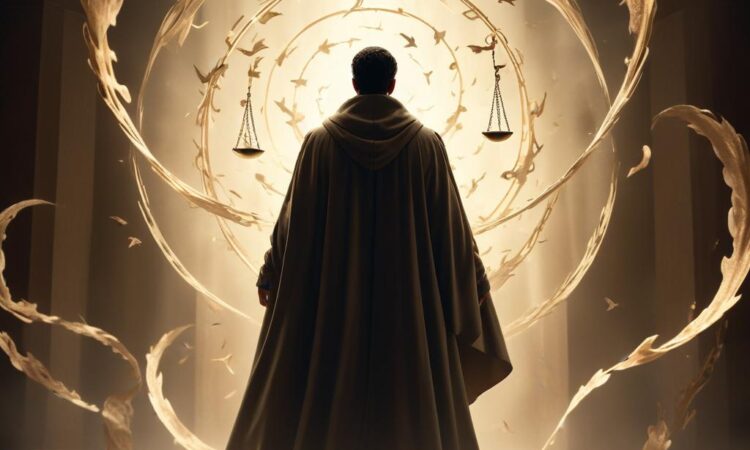Sneaky Britain? How Our Moral Compasses Are Changing: Could the Popularity of *The Traitors* Link to Something Wider Going on Among Britons – and Our Shifting Attitudes Towards Dishonesty?
Right, let’s talk about something that’s been buzzing around – the surprising popularity of that reality show, *The Traitors*. For those who haven’t been glued to their screens, it’s basically a game of deception, betrayal, and whispered accusations. And it’s HUGE. But what’s *really* interesting isn’t just the thrilling gameplay, it’s what its success might say about us, as a nation.
We’re used to seeing shows that celebrate honesty, teamwork, and playing fair. Think *The Great British Bake Off* – all wholesome competition and supportive camaraderie. But *The Traitors* flips the script. Winning means being sneaky, manipulative, and even downright ruthless. And yet, we’re hooked.
So, what gives? Are we secretly a nation of Machiavellian masterminds, just waiting for the right opportunity to unleash our inner villain? Probably not. But the show’s success suggests something fascinating about our shifting moral landscape. It hints at a potential weariness with the seemingly simplistic narratives of pure good versus pure evil, a recognition that the real world is rarely so black and white.
In a world overflowing with information, often conflicting and contradictory, maybe we’re more drawn to narratives that reflect that complexity. Maybe the appeal of *The Traitors* lies in its embrace of the grey areas, the moral ambiguities that make it so compelling. It’s a show where the lines between right and wrong are deliberately blurred, forcing viewers to question their own judgments and perhaps even their own moral compass.
Think about it: we’re constantly bombarded with messages about ethical consumerism, responsible citizenship, and doing the right thing. While these are undoubtedly important values, perhaps there’s a subconscious rebellion brewing, a yearning for something a little less… predictable. Maybe watching someone expertly weave a web of deceit is a vicarious thrill, a chance to explore those darker impulses without the real-life consequences.
This isn’t to say that honesty is suddenly out of fashion. Far from it. But the popularity of *The Traitors* suggests that our understanding of morality is becoming more nuanced. We’re not necessarily endorsing dishonesty, but we’re certainly intrigued by its complexities and the strategic thinking it requires. It’s a reflection, perhaps, of a growing awareness that the world is far more intricate and less easily categorized than many of our simplified moral frameworks allow.
Furthermore, the show’s success might also reflect a deeper societal shift. In a world often characterized by political polarization and a sense of uncertainty, maybe we crave narratives that challenge our assumptions and force us to grapple with uncomfortable truths. *The Traitors* doesn’t shy away from the messy reality of human behavior, showcasing both the cunning and the vulnerability inherent in the human condition.
The show’s popularity could also be a symptom of the current media landscape. We’re saturated with curated online personas and carefully crafted narratives. In this context, the raw, unfiltered (even if game-based) interactions of *The Traitors* might feel refreshingly authentic, however artificial the setting may be. It’s a space where the masks come off (somewhat) and the players’ true intentions (or at least their perceived intentions) are laid bare.
Ultimately, the enduring fascination with *The Traitors* might be less about a widespread embrace of dishonesty and more about a reflection of our evolving understanding of morality. It’s a fascinating glimpse into how our attitudes towards deception and strategy are changing, and how these changes might be connected to larger social and cultural shifts. The show’s success encourages us to contemplate the complex nature of human behavior and the ever-shifting boundaries of what we consider morally acceptable. It’s food for thought, even if it’s served with a side of delicious betrayal.
So, next time you’re watching someone expertly deceive their way to victory, remember that it’s not just about the game. It’s about something much bigger – a subtle shift in how we perceive morality, honesty, and the sometimes fascinatingly messy world of human interaction.
What do you think? Has *The Traitors* changed your perspective on anything? Let us know in the comments below!

